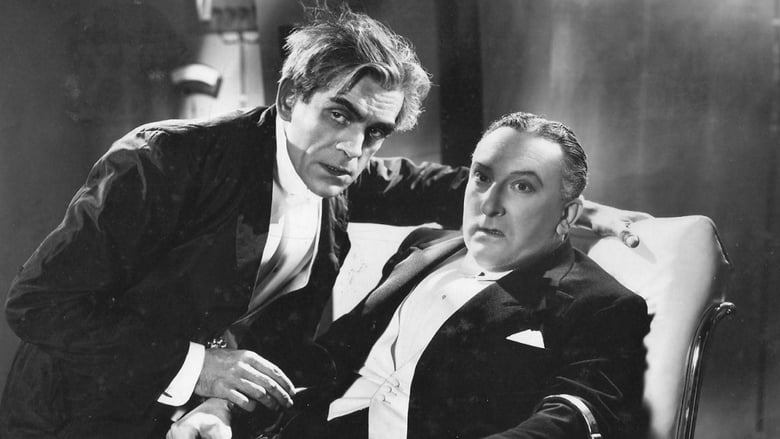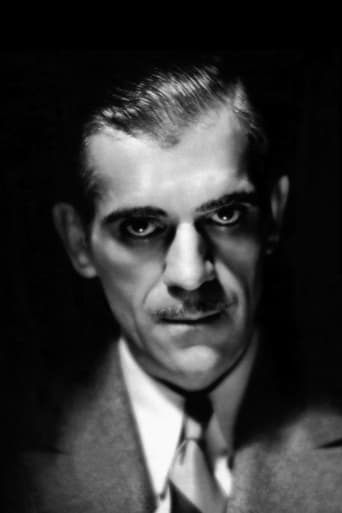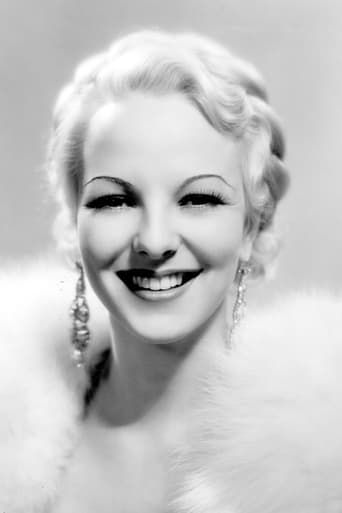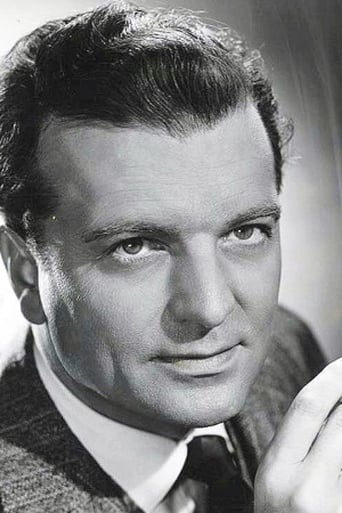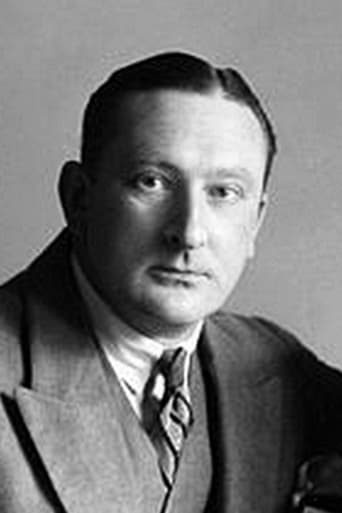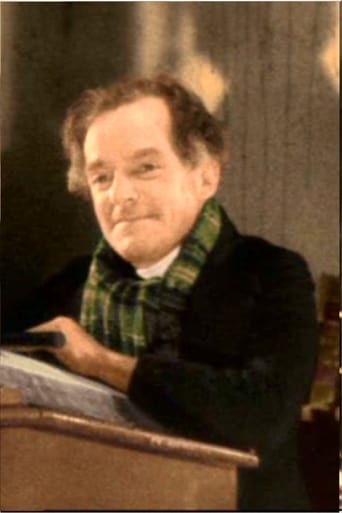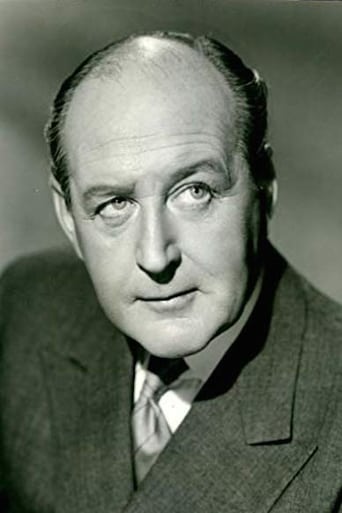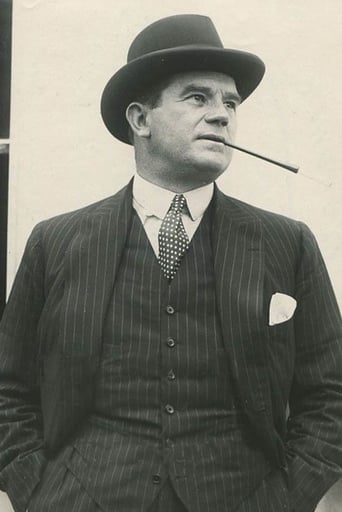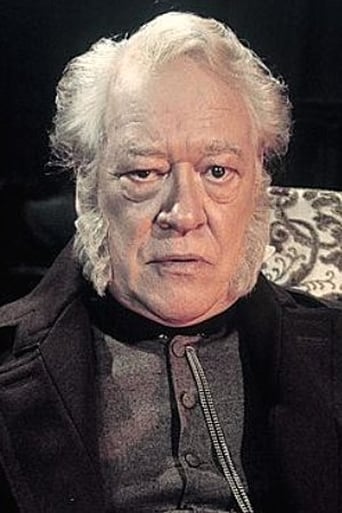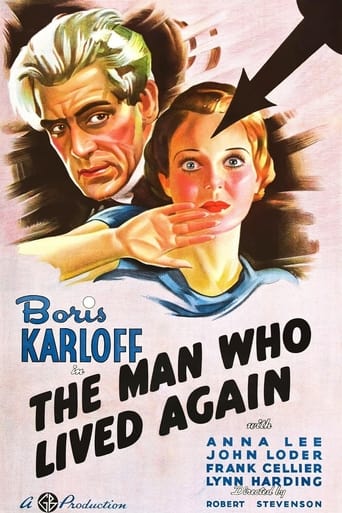
The Man Who Changed His Mind
September. 11,1936Dr. Laurence, a once-respectable scientist, begins to research the origin of the mind and the soul. The science community rejects him, and he risks losing everything for which he has worked. He begins to use his discoveries to save his research and further his own causes, thereby becoming... a Mad Scientist, almost unstoppable...
Similar titles
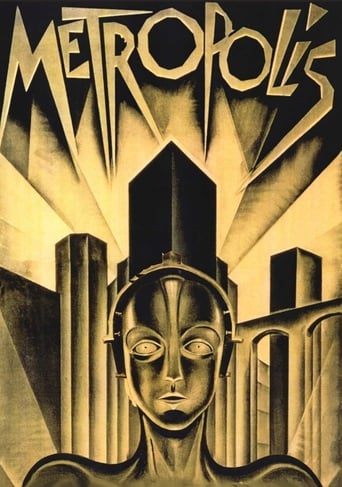
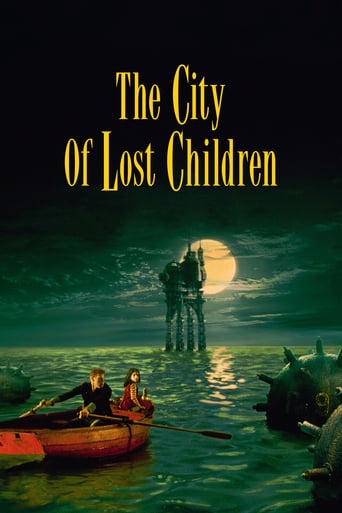
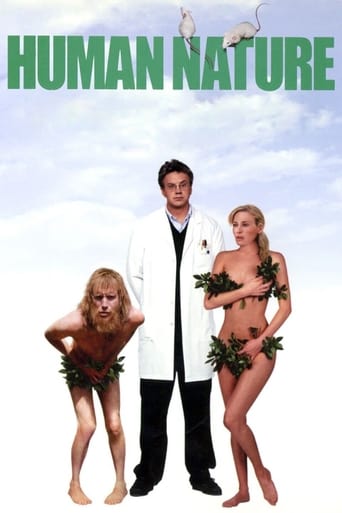
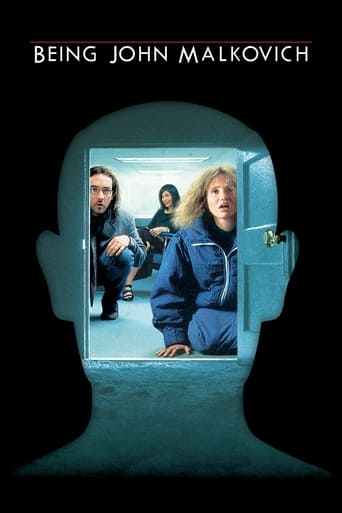
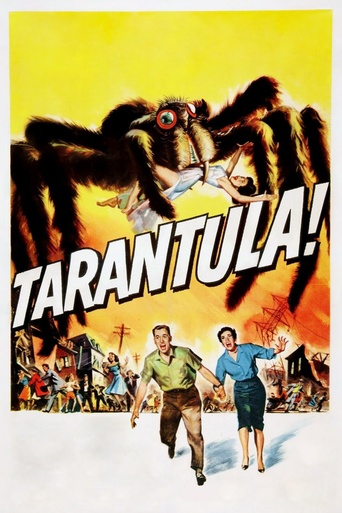
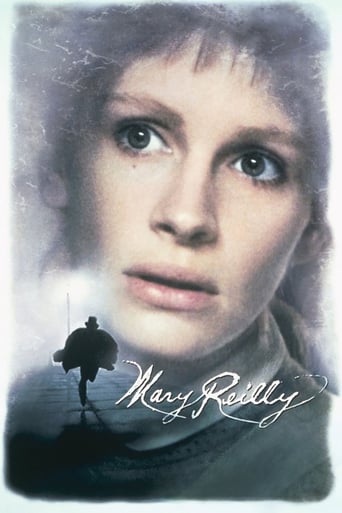

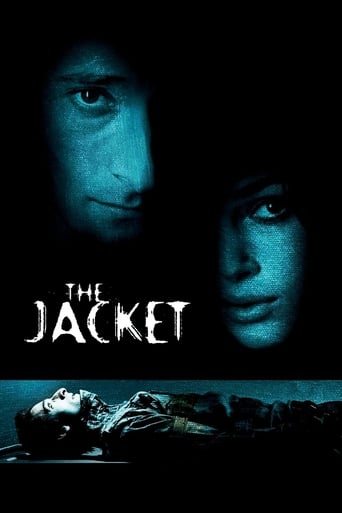

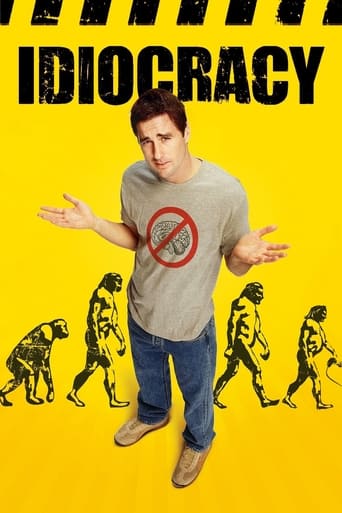
Reviews
Very best movie i ever watch
Overrated
It’s sentimental, ridiculously long and only occasionally funny
Like the great film, it's made with a great deal of visible affection both in front of and behind the camera.
"The Man Who " takes a long time to get going. Until the climax, in fact, the best thing about the movie are Boris Karloff's studiously mannered, theatrically nervous performance (director Robert Stevenson indulges him with lots and lots of close-ups) and Donald Calthrop's unnerving study of a twisted, wheel-chaired patient. The climactic switch, however, provides Frank Cellier a golden opportunity to show us what he can really do in the acting department. In fact, he seizes it with such charismatic vitality, he even manages to steal scenes from Karloff. And would you believe it? – I know this is really hard to credit – even John Loder comes good momentarily (though Jack Cox's superb cinematography deserves a great deal of the credit).Aside from Loder, who is actually a bit more animated here than usual, the one dampener on the movie's success is Anna Lee. Usually, she's good, but this time her role is underwritten. And unfortunately, Stevenson has compounded the error by emphasizing both the paucity of her material and her inadequacies as a star personality by exposing her to revealing close-up after close-up? Like all post-Frankenstein variations on the horror film, a surprising amount of emphasis is placed on laboratory machinery. Personally, all these flashing tubes, palpitating dials and lightning rod conductors, bore the pants off me! But Stevenson gives them all a great run. Personally, I thought the other sets much more effective: the creepy old house, the institute steps and especially the science lecture theater.Personally, I'm rather surprised that neither Stevenson nor his editor seem the least inclined o pep up the pace a bit. It does tend to drag, particularly in the Lee-Loder scenes. Fortunately, the movie does finally come around to an effectively written and acted climax.
Famous scientist Dr Laurience moves from Italy to Britain where newspaper baron Lord Haslewood offers to sponsor Laurience's experiments . After a falling out Laurience takes his revenge on Hslewood and shows him that his sinister experiment works very wellThis is another early take on the mas scientist theme and despite not being in the same league as the one that catapulted Karloff to instant stardom it is rather fun as long as you don't think about it too much . Being a British film there does seem a slight lack of budget and perhaps that little bit of something that is exclusive to Hollywood studios is missing but director Robert Stevenson - who'd later make some very memorable Walt Disney films in the 1960s and 70s - makes the best of what he's got and Karloff is a good asset and never goes camp or over the top unlike in the 1933 British horror flick THE GHOUL It's interesting that Dr Laurience was previously working in Genoa but had to leave for undisclosed reasons . In 1936 Italy would have been under the fascist jackboot for over ten years and I thought perhaps we were going to get some political commentary at this point but we didn't . On a similar matter Lord Haslewood must be based upon Lord Beaverbrook and again I thought this was going to lead to a subtext about one man having too much power but being a mad scientist plot the film concerns itself with concept and plotting As for the plotting it's a strange mix of good and bad . There's a slight flaw of internal continuity when Hsslewood funds a publicity campaign that Laurience is moving to Britain then in the next scene announces that he's going to make Laurience a household name . Hmmm isn't he already a household name then ? It's easy to see where the plot might be heading - the clue is in the title by the way - but at least the film addresses what I thought were going to be gigantic plot holes where character A being swapped in to characters B's body instantly and miraculously knows everything character B does . Okay it's not addressed very well or convincingly but at least it tried . Like so many other films with potential the third act starts to fall apart due to its contrived nature and that's what stops the movie becoming a British classic . That said it is relatively enjoyable
Luckily we know better than to judge a movie by its title, otherwise perhaps nobody would ever bother to check out "The Man Who Changed His Mind". When I hear a title like that, I imagine the fascinating story of a man sitting in a bar and ordering a cup of coffee. Yet, when the waitress brings the order, he claims to have changed his mind and now wants a cup of tea instead. Obviously, this is NOT what this early collaboration between horror veteran Boris Karloff and the respectable director Robert Stevenson is about. No actually, you may interpret that title very literally, as Karloff depicts an obsessive and utterly bonkers scientist who's able to transfer the brain substance of one individual's body to that of another. The genius but anti-social and obnoxious Dr. Laurience is the subject of mockery and disbelief amongst his colleagues, but with the help and encouragement of his new and lovable assistant Clare Wyatt, he even manages to get his research financed by a wealthy newspaper tycoon. When they announce to stop the financing prematurely, however, Dr. Laurience mentally snaps and uses his opponents as reluctant guinea pigs. "The Man Who Changed His Mind" is a very modest and sadly overlooked 1930's horror gem that actually deserves to have a slightly more respectable status. The film is very straightforward and certainly doesn't waste any time with its running time of barely 62 minutes. The introduction of the characters is brief and to-the-point, the dialogs are never longer than absolutely necessary and even the obligatory triangular relationship aspect between the mad scientist, his assistant and her fiancée is kept to a minimum. The acting performances are admittedly rather stiff, including the one given by the amazing Mr. Karloff, but his crazy eyes and naturally malignant charisma (and in this case also his wildly outrageous haircut) are more than enough to make him a very scary protagonist. Speaking of scary, the film has a couple of noteworthy tense moments, like the actual brain transfers and the race-against-the-clock finale. Definitely one of Karloff's better "evil scientist" movies from the era, this one was shot and produced in England. For some reason, UK horror movies always feature an extra bit of menacing atmosphere and creepy elegance. The young and developing talent of director Robert Stevenson also might have helped, of course. In heavy contrast to this morbid little film, Stevenson would later direct some of Disney's big successes like "Old Yeller", "Mary Poppins" and "Herbie, the Love bug".
Although this Gaumont-British film presentation is neither as memorable nor sentimental as "The Ape," future "Darby O'Gill and the Little People" director Robert Stevenson's "The Man Who Changed His Mind" with Boris Karloff still qualifies as a taut, entertaining tale about a stereotypical mad scientist who harnesses the power of electricity to swap the minds of two separate individuals. Unfortunately, dim-witted, middle-class morality with its attendant status quo values blemishes the brilliant but nefarious ending where evil virtually triumphs over good. Today's impressionable audiences may bridle at Karloff's protagonist who is shown chain smoking cigarettes. The theme of "The Man Who Changed His Mind" is about man playing God. Karloff's mad scientist begins with the best motives but after society scorns him, he turns evil and wants to alter things to satisfy himself rather than mankind. Predictably, too much knowledge destroys him.British horror icon Boris Karloff had attained acclaim as the eponymous monster in "Frankenstein" (1931) several years earlier and "The Ape" didn't go into release until 1940. Karloff's performance is sterling, and "The Man Who Changed His Mind" boasts an outstanding supporting cast, including John Loder, Anna Lee, Frank Cellier, and Donald Calthrop. "Frankenstein" scenarist John L. Balderston, "The Lady Vanishes" scribe Sidney Gilliat and "Seven Sinner" writer L. du Garde Peach cram this trim 65-minute melodrama with romance, tension, humor, and horror. While Stevenson confines the action primarily to studio interiors, this sense of claustrophobia creates considerable atmosphere. The laboratory with its crackling bursts of electricity and all those knobs, gears, and sliders is adequate, believable, and never as outlandish as the one in "Frankenstein." Stevenson's energetic direction eliminates any lulls of the action.The Karloff movie begins in a surgical suite as two doctors complete an operation and clean up. Dr. Gratton (Cecil Parker of "The Saint's Vacation") observes to Dr. Clare Wyatt (Anna Lee of "King Solomon Mines") with an air of finality, "Well, that's the last time we shall operate together." Clare is leaving the hospital to join Viennese brain specialist Dr. Laurience (Boris Karloff) out in the boondocks at his manor house to assist him with his eccentric experiments. Another doctor reminds Clare that Laurience is "a little unorthodox." Gratton describes Laurience's ideas as both "queer" and "impossible." Clare reminds him that geniuses are a bit queer. Meanwhile, Wyatt's indefatigable boyfriend Dick Hastlewood (John Loder of "The Gorilla Man") wants to accompany her. Repeatedly, she has refused to marry Dick. When he tells her she needs somebody to take care of her, Clare points out that she "specializes in looking after herself." Nevertheless, Dick follows the independent minded Clare. She travels by train and then by coach. The coachman drives Clare to the edge of Dr. Laurience's manor house but refuses to escort her to the door. This driver's paranoia about Laurience's home recalls the coachman in "Dracula" (1930) refusing to take Harker to Dracula's castle. Laurience's wheelchair bound companion Clayton (Donald Calthrop of the 1929 movie "Titanic: Disaster in the Atlantic), who always has something snide to say, greets Clare at the door. Clayton describes himself as "one of the doctor's more hopeless cases." He suffers from an intracranial cyst and says about himself "most of me is dead; the rest of me is damned." The use of profanity in an early British film is singular.Laurience is overjoyed to see Clare. Laurience was once a leading authority on the human brain before his colleagues alienated him because he "told them something about their own brain." Clare wonders why Laurience chose her as his colleague. Laurience applauds Clare because she "has faith in what is new" and "the courage to face things." "I shall show you strange things about the mind of men," he assures her. Laurience works around the clock. No sooner has Clare settled into the creepy manor house than Dick pulls a Romeo. He climbs up to her window and begs her to leave. She sends him packing after he warns her that the servants quit Laurience because he frightened them. Meanwhile, Clayton expresses a low opinion of Clare, and Laurience threatens to withhold an injection that would mean death for Clayton. Clayton really doesn't care whether he lives or dies. Clayton reminds Laurience that he is "the only person who understands" him.Meantime, Dick pens a newspaper story about Laurience's mysterious scientific experiments. Newspaper baron Lord Haslewood (Frank Cellier of "The 39 Steps") likes the story and wants to finance Laurience's research since scientific success is front page news. Back at the manor, Laurience demonstrates with the use of his elaborate apparatus on two different monkeys that he can extract the thought content of one mind and switch it with another. When Laurience raves that he could switch the thought contentwhich he designates as 'the soul'--in people, Clare tries to dissuade him. "No, I can't do that," whispers a clearly unhinged Laurience to himself.Eventually, Lord Haslewood recruits Laurience to conduct experiments at the world renowned Haslewood Institute Laboratory. When Laurience presents his findings to his peers, Professor Holloway (Lyn Harding of the unfinished 1937 version of "I, Claudius") derides Laurience's research as that of a lunatic. Not only does Haslewood oust Laurience from his Institute but he also refuses to let him take his research because it belongs to the Institute. Laurience overpowers Haslewood, straps him into one chair, and switches Haslewood's mind with Clayton's mind. The deception succeeds for a while, until Clayton discovers Haslewood's heart condition. Laurience strangles the uncooperative Clayton-as-Haslewood and incapacitates meddlesome Dick Haslewood. Laurience swaps Dick's mind with his own by means of a remote control process. Since Laurience has already incriminated himself as the killer, he hopes that the authorities with arrest himself, but by then his soul will occupy Dick's head and vice versa. Laurience almost gets away with his scheme in this thrilling little exercise in nail-biting suspense.
Top Streaming Movies











